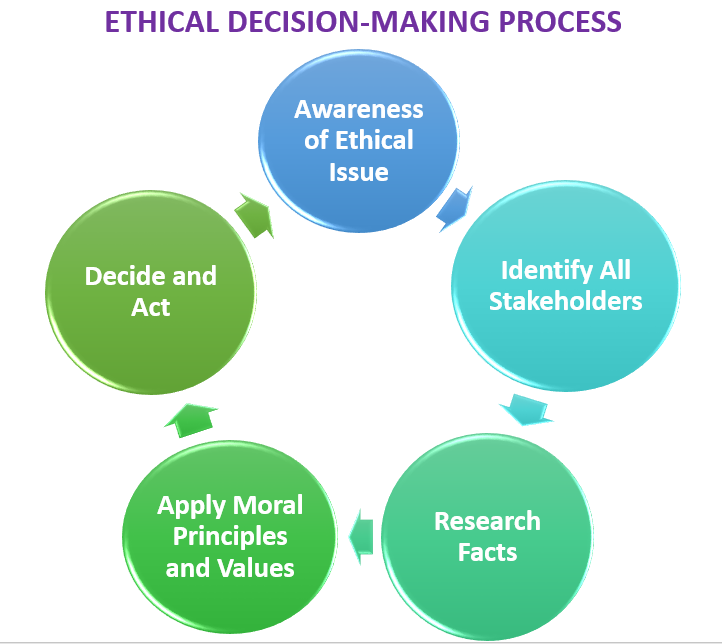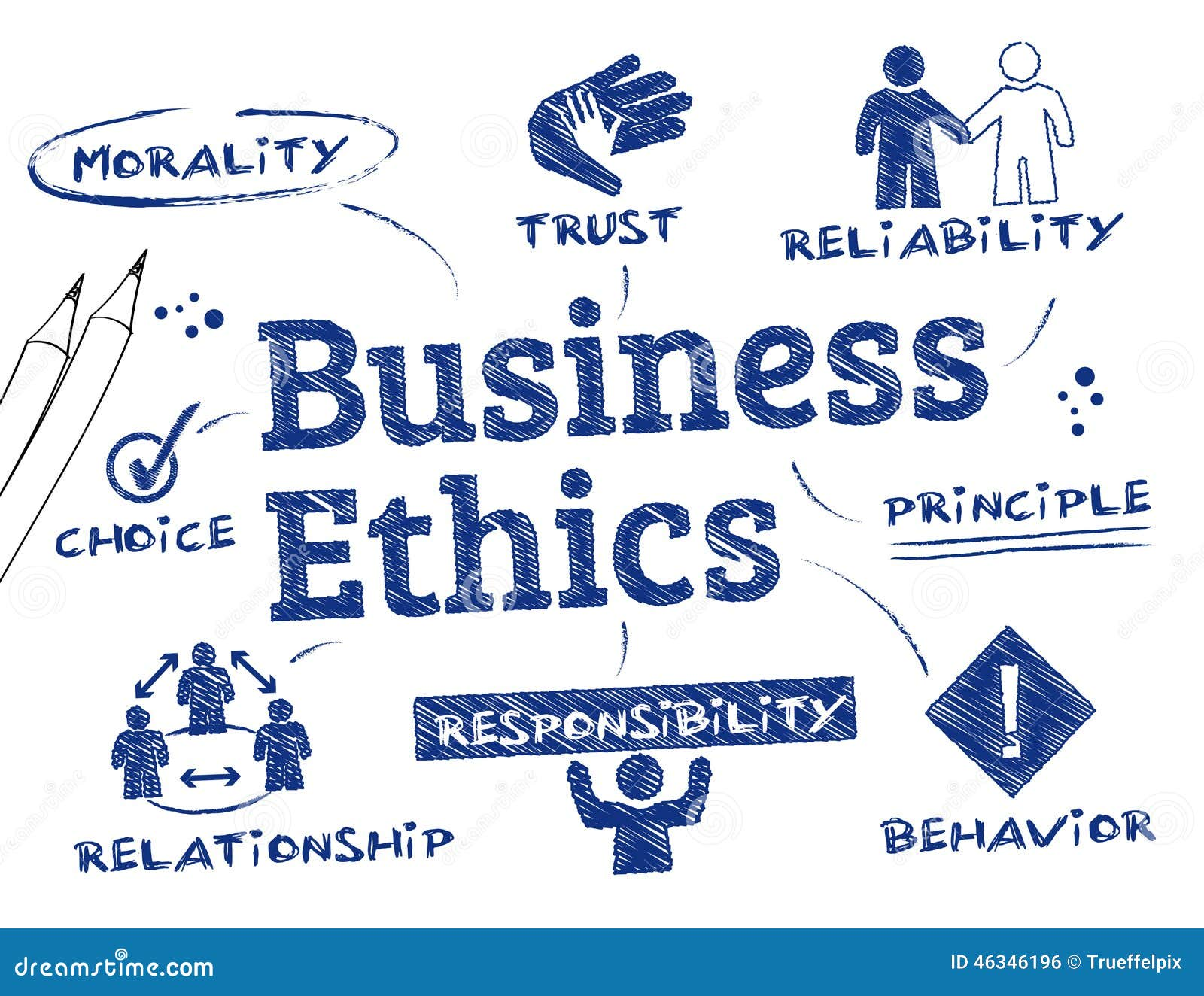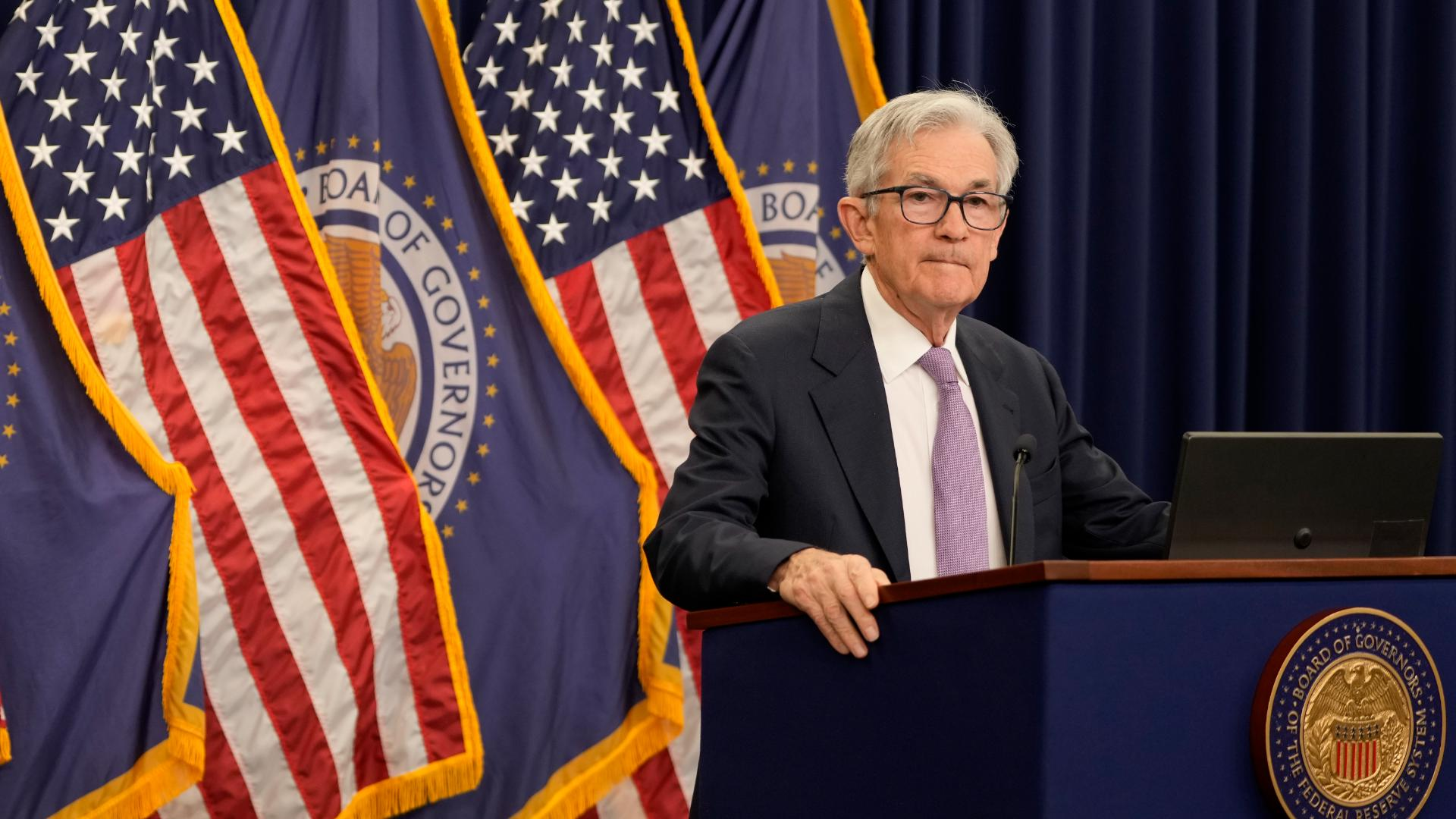Tariffs play a crucial role in shaping the landscape of U.S. trade policy, stirring debates among policymakers and economists alike. Senator Rick Scott has championed these tariffs as a strategy to level the playing field for American workers, arguing that reducing overseas barriers will ultimately lead to increased sales of U.S. products. The recent imposition of tariffs, particularly those targeting imports from China, has profound implications, as they could reshape economic relations and impact the American economy on a large scale. Critics caution about the economic impact of tariffs, suggesting they could threaten jobs and inflation, while proponents contend they protect U.S. jobs and industries. As this discourse continues, the ramifications of the tariffs implemented under the Trump administration remain at the forefront of discussions around U.S. trade policy.
When discussing import duties, a common term related to tariffs, it’s essential to understand their significance in the broader context of international trade. These financial charges are critical tools used by governments to regulate trade flows and protect domestic industries from foreign competition. Senator Rick Scott’s advocacy for imposing such charges, particularly against trading partners like China, highlights a growing concern over economic fairness and national interests. The fiscal implications for American labor and the economy are substantial, creating a ripple effect that influences everything from manufacturing costs to consumers’ purchasing power. As policymakers deliberate on these measures, the balance between protectionism and open trade continues to be a pivotal topic.
Understanding Rick Scott’s Tariff Strategy
Senator Rick Scott has staunchly defended the tariff policies established during the Trump administration, arguing that they provide a crucial opportunity for American workers to thrive in a challenging global market. By imposing tariffs, Scott believes the U.S. can push other nations to lower their own trade barriers, fostering a more equitable environment for American products. He emphasizes that a reduction in foreign tariffs would not only level the playing field but also enable U.S. manufacturers and workers to enhance their competitiveness on the global stage.
Scott’s argument centers on the idea that tariffs are a necessary tool to compel other countries, particularly China, to engage in fair trading practices. He suggests that without imposing such tariffs, American workers would continue to face disadvantages that limit their ability to successfully sell their goods abroad. In his view, tariffs serve not only as a punitive measure against unfavorable trade practices but as a catalyst for better economic conditions for American workers.
The Economic Impact of Tariffs on American Workers
The economic implications of tariffs, as argued by Scott, indicate that these measures can ultimately protect and promote the interests of American workers. According to Scott, reducing the barriers created by tariffs from other nations would substantially increase the demand for American goods, driving job creation and wage growth within the U.S. economy. Despite the initial shock to markets and the potential short-term drawbacks, he maintains that the long-term benefits will outweigh these concerns, particularly for workers in manufacturing and other export-driven sectors.
However, the contention surrounding the economic impact of tariffs is substantial. Critics like Jason Furman highlight the risk of increasing costs for consumers and the potential for retaliatory tariffs that could harm American exports. The debate extends beyond immediate economic concerns, affecting broader issues like inflation and national debt. As Scott continues to advocate for his tariff strategy, the need for a balanced perspective on its economic ramifications remains essential for understanding the full scope of U.S. trade policy.
Navigating U.S. Trade Policy in a Global Economy
Rick Scott’s outlook gives us a glimpse into how U.S. trade policy could evolve in response to globalization and economic competition. By advocating for stringent measures like tariffs, Scott aims to redefine America’s position in international trade discussions, particularly against nations that have historically manipulated their trade policies to their advantage. This approach underlines a more confrontational stance toward countries like China, which he perceives as a significant threat both economically and politically.
The U.S. trade policy, as pushed by Scott and others, indicates a shift toward prioritizing national interest over cooperative global trade relationships. This approach is designed to protect American industries from foreign competition deemed unfair. However, it raises questions about the potential consequences of alienating trading partners and the balance between protective measures and the flexibility required to support international collaboration.
The Role of Tariffs in U.S.-China Relations
Scott’s unwavering position on tariffs is significantly influenced by his views on China, a nation he believes poses America’s greatest economic threat. His perspective reflects a broader sentiment within U.S. politics that emphasizes a tougher stance on Chinese trade practices. By increasing tariffs on Chinese imports to 145%, Scott underscores a willingness to leverage U.S. economic policy as a means of geopolitical strategy, aiming to weaken China’s economic standing.
Furthermore, Scott’s assertion that engaging in no trade with China is vital to avoiding potential conflict illustrates the gravity with which he views tariffs as tools of both economic and military strategy. By hurting China economically through high tariffs, Scott argues that the U.S. could diminish its capabilities and thus prevent future international confrontations, illustrating a complex interplay between trade policy and national security.
Assessing the Risks of Inflation through Tariffs
The relationship between tariffs and inflation has emerged as a critical topic within discussions of U.S. economic policy, especially under Rick Scott’s framework. Scott himself admitted uncertainty regarding how the imposed tariffs would impact inflation rates, highlighting the complexity of economic interdependencies. As tariffs raise the cost of imported goods, there’s potential for those expenses to be passed on to consumers, contributing to inflationary pressures within the national economy.
This uncertainty is compounded by questions about the overall fiscal health of the nation. Economists have pointed out that while tariffs may aim to protect American industry, they come with implications that could escalate prices for consumers and increase the national debt. Scott’s call for balancing the budget as a solution to inflation emphasizes the need for holistic economic policies that consider the interconnectedness of tariffs, national debt, and inflation.
Tariffs and the Future of American Manufacturing
Rick Scott’s pro-tariff stance signals a commitment to revitalizing American manufacturing, an industry he views as central to a prosperous economy for American workers. He argues that tariffs can protect domestic manufacturers from the onslaught of cheaper foreign products, enabling them to thrive, invest in growth, and create jobs. The focus on bringing jobs back to the U.S. is emblematic of a broader movement within American politics to prioritize domestic production.
However, the path forward for American manufacturing under a tariff-based strategy raises important questions. While it aims to bolster domestic industry, challenges such as automation, shifting consumer preferences, and retaliatory trade actions must be navigated carefully. For Scott’s vision to succeed, a coordinated approach that promotes innovation and competitive practices in manufacturing alongside tariff policies is crucial.
The Political Ramifications of Tariff Policies
The political discourse surrounding tariffs has shifted significantly, with figures like Rick Scott leading the charge in championing protective trade measures. Emphasizing the need for tariffs in favor of the American workforce resonates with many constituents who feel the impact of globalization on their jobs. This strategy highlights a growing divide in U.S. politics, as supporters argue that stronger tariffs will safeguard American interests against foreign exploitation.
However, this protective stance also elicits criticism from economists and political opponents who warn of the potential for job losses in industries reliant on global supply chains. The debate over tariffs speaks to larger ideological battles in American politics, challenging traditional notions of free trade and underscoring a more nationalist perspective on economic policy. As this issue continues to evolve, it will undoubtedly influence electoral outcomes and shape future legislative agendas.
Scott’s Vision for Balancing the National Debt and Tariffs
Senator Rick Scott has expressed a strong belief that managing the national debt is crucial for the overall economic stability of the U.S. economy, especially in the context of rising tariffs. He posits that achieving a balanced budget will ultimately alleviate pressures created by inflation, which may also stem from increased tariffs on goods. This viewpoint presents a connection between fiscal responsibility and trade policy, suggesting that to understand the impact of tariffs, one must also consider the nation’s fiscal health.
Scott’s assertion that the national debt could reach $20 trillion within a decade underscores the urgency he attributes to the issue. He advocates for a proactive approach in managing expenditures while utilizing tariffs as a strategic tool for fostering economic growth. Balancing these objectives will require careful navigation, as the potential economic benefits of tariffs must be weighed against their implications for national debt and inflation.
The Future of U.S. Trade Policy: Embracing or Resisting Globalization?
The ongoing dialogue surrounding U.S. trade policy reflects a significant ideological shift towards resisting globalization in favor of more protectionist measures like tariffs. Rick Scott’s advocacy for stringent tariffs serves as a clear indicator of this trend, suggesting a move away from the long-standing free trade agreements that characterized earlier U.S. trade policy. This pivot towards protectionism raises vital questions about the future direction of U.S. trade relations and its position in the global economy.
As policymakers like Scott push for changes aimed at benefiting American workers, the stakes are high. A failure to adapt to the realities of globalization could result in economic isolation, but a balanced approach that recognizes the importance of both protection and collaboration may be necessary for long-term prosperity. The ongoing debate about tariffs will likely shape U.S. trade policy for years to come, influencing both economic outcomes and international relations.
Frequently Asked Questions
What are tariffs and how do they relate to U.S. trade policy?
Tariffs are taxes imposed by a government on imported goods, intended to protect domestic industries by making foreign products more expensive. In the context of U.S. trade policy, tariffs have been used strategically, particularly by the Trump administration, to encourage other countries to reduce their own trade barriers and to support American workers and manufacturers.
How do Rick Scott tariffs specifically impact American workers?
Rick Scott argues that tariffs levied by the U.S. government are designed to level the playing field for American workers by reducing competition from foreign goods. The goal is to enable U.S. workers to sell more products domestically and internationally by removing trade barriers imposed by other nations.
What is the economic impact of tariffs on international trade?
The economic impact of tariffs can be significant, often leading to increased prices for consumers and disruptions in international trade. While some believe tariffs protect American jobs, many economists argue that they can result in retaliatory tariffs and trade wars, negatively affecting the economy overall.
Why are China tariffs a central issue in recent U.S. trade discussions?
China tariffs are a critical topic because they represent significant trade tensions between the U.S. and China. The U.S. has imposed high tariffs on Chinese goods to combat trade deficits and unfair trade practices, but this has also led to reciprocal tariffs from China, complicating trade relations and impacting American businesses and consumers.
Can tariffs cause inflation in the U.S. economy?
Tariffs can potentially lead to inflation by increasing the cost of imported goods, which may be passed on to consumers. However, as noted by Rick Scott, controlling inflation is more about balancing the national budget than solely managing tariffs, making the relationship between tariffs and inflation complex.
How do Rick Scott’s views on tariffs reflect broader economic theories?
Rick Scott supports tariffs as a way to protect American workers and strengthen the economy, aligning with a protectionist view in economic theory. This contrasts with free trade advocates who argue that open markets lead to greater efficiency and lower prices for consumers.
What is the relationship between tariffs and U.S. manufacturing?
Tariffs are intended to support U.S. manufacturing by making imported goods more expensive, thus encouraging consumers to buy domestically produced products. However, the effectiveness of this approach in revitalizing the manufacturing sector is debated among economists.
What are the implications of tariffs on global stock markets?
Tariffs can create volatility in global stock markets as they generate uncertainty regarding future trade policies and economic conditions. The fear of trade wars and increased costs can lead to significant market fluctuations, as seen with the recent reactions to the U.S. tariff announcements.
Why do some economists oppose the use of tariffs in trade policy?
Many economists oppose tariffs because they can lead to reduced trade efficiency, higher consumer prices, and retaliatory measures from other nations. This perspective emphasizes the benefits of free trade and concerns that tariffs can harm the overall economy more than they help specific sectors.
What was the rationale behind the high tariff rate imposed on China?
The rationale behind imposing a 145 percent tariff rate on China stems from aims to address trade imbalances and discourage intellectual property theft and unfair trade practices. This aggressive approach reflects a strategic shift in U.S. trade policy regarding one of its largest trade partners.
| Key Point | Details |
|---|---|
| Sen. Rick Scott’s Stance | Scott supports tariffs as a way to assist American workers by reducing foreign competition. |
| Tariff Strategy | The government announced extensive tariffs on most nations aiming to reshape U.S. trade policy. |
| Impact on Economy | Tariffs have caused volatility in global markets and contributed to significant GDP contraction. |
| Negotiation vs. Unilateral Action | Scott believes in unilateral tariffs to compel other nations to lower theirs, despite calls for negotiation. |
| Criticism of China | Scott believes engaging in no trade with China is necessary to avoid conflict. |
| Economic Concerns | Economists warn that tariffs may harm the U.S. economy, contradicting Scott’s optimism. |
| Inflation and Debt | Scott suggested balancing the budget is crucial, but is uncertain about tariffs’ inflation impact. |
Summary
Tariffs are gaining attention as a means to level the playing field for U.S. workers, according to Senator Rick Scott. During a recent discussion, Scott defended the implementation of tariffs by the Trump administration as necessary to compel foreign nations to reduce their own tariffs. Despite differing opinions among economists about the potential negative impacts of tariffs on the economy, Scott expresses confidence that they will ultimately benefit American workers. He emphasizes the need to reconsider trade relationships, particularly with China, and highlights the importance of fiscal responsibility to manage inflation and national debt. As the discussion around tariffs continues, it remains a pivotal topic within U.S. economic policy that warrants close scrutiny.



